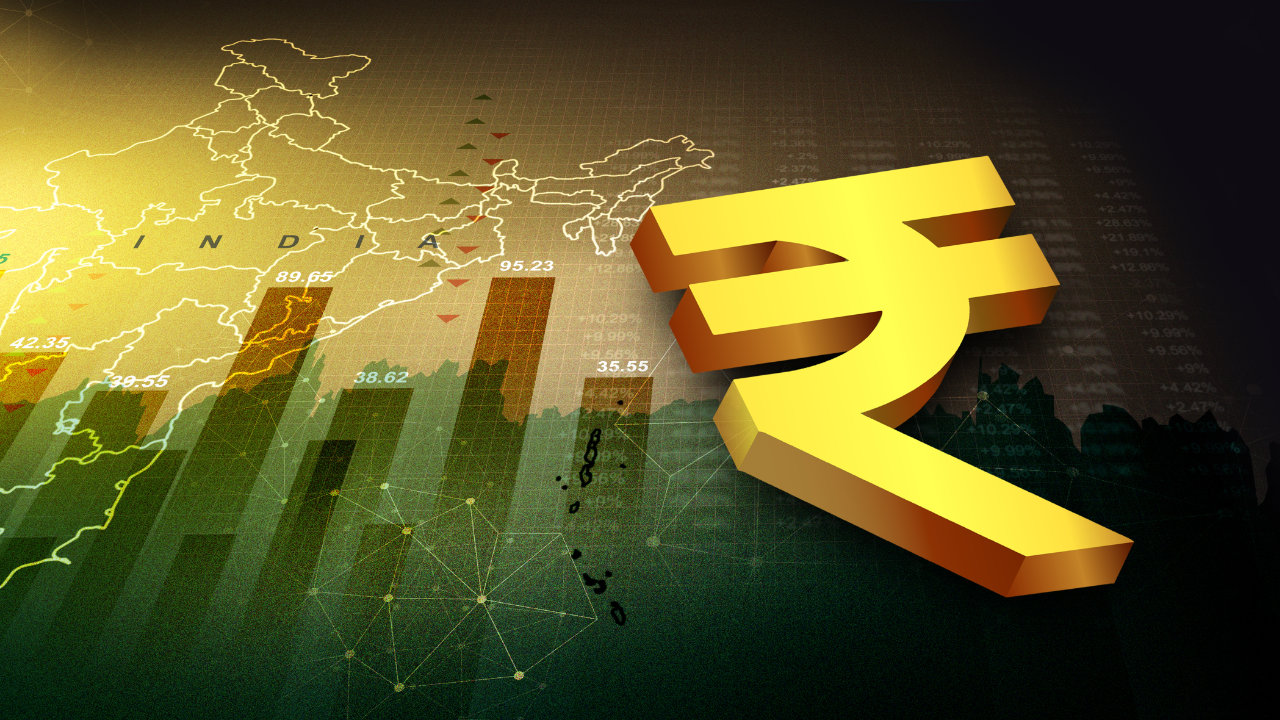
According to the Indian government, it has not yet made a proposal to create cryptocurrency that would be subject to regulation by the Reserve Bank of India. The government also clarified that India’s central bank digital currency (CBDC), that the RBI will launch this financial year, is “a digital version of traditional paper currency.”
Indian Parliament Asks Government About ‘RBI Cryptocurrency’
The Indian ministry of finance answered some questions Tuesday in Rajya Sabha, India’s upper house of parliament, regarding “RBI Cryptocurrency.”
Rajya Sabha member Sanjay Singh asked the finance minister to state “whether it is a fact that [the] government is planning to introduce a cryptocurrency that will be regulated by the Reserve Bank of India (RBI).”
Pankaj Chaudhary, the minister of state in the ministry of finance, replied: “No sir.”
Singh further asked whether the government is aware that cryptocurrency “is unregulated and free from government intervention.”
Minister Chaudhary has confirmed the following:
India has not yet regulated cryptocurrency.
Current work is underway by the Indian government on crypto legislation. Although a cryptocurrency bill had been listed for the winter session, it wasn’t adopted. Reports indicate that the government has been consulting extensively about the regulation and use of crypto assets. The complexity of this issue will require more time.
Rajya Sabha member Singh asked the finance minister questions about the digital rupee that the RBI was working on. He also planned to make an announcement in the next financial year.
“What is the difference between the RBI cryptocurrency and traditional paper currency?” he asked.
Minister Chaudhary responded:
The RBI doesn’t issue cryptocurrency. The traditional paper currency, which is legal tender, is issued by the RBI according to provisions of the RBI Act 1994. Central bank digital currencies (CBDC) are digital versions of traditional paper currency.
Indian Finance Minister Sitharaman said during her Feb. 1 budget speech: “The introduction of a central bank digital currency will give a big boost to the digital economy. Digital currency will also lead to a more efficient and cheaper currency management system.”
Commenting on the upcoming digital rupee launch, Indian Prime Minister Narendra Modi said: “The digital rupee will revolutionize the fintech sector by creating new opportunities and lessen the burden in handling, printing, logistics management of cash.”
Do you agree with the Indian government’s decision not to issue cryptocurrency? Comment below to let us know your thoughts.
Images CreditsShutterstock. Pixabay. Wiki Commons
DisclaimerThis information is provided for educational purposes only. This article is not intended to be a solicitation or offer to sell or buy any product, service, or company. Bitcoin.com doesn’t offer investment, tax or legal advice. This article does not contain any information, products, or advice that can be used to cause or alleged result in any kind of damage.